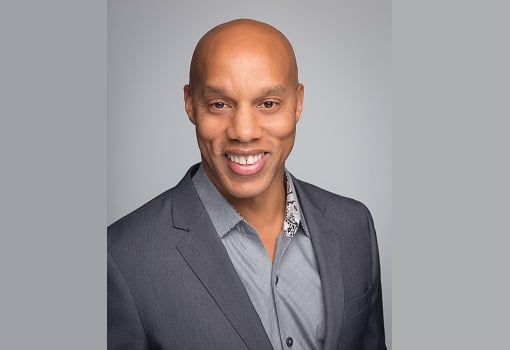MBN and Grant Powell discuss the ins and outs of the independent/alternative mortgage brokerage business

Having formed a team of mortgage brokers, underwriters, lenders, and renovation professionals, Grant Powell pursues his vision of “making sure clients understand their best options during the phases of getting any mortgage and receive the best service for each individual circumstance.”
As an alternative mortgage broker, what are the issues or problems that your clients typically struggle with?
Simply, they can’t get qualified based on their own bank regulations. They struggle with credit and/or a lack of approval income. Those are the two main things.
The most important step in helping these people is to find out where they’ve been, and to find out where they’re going. It sometimes takes a lot of consultation to find out what short-term solutions we may need to implement in order for them to get to their long-term goals.
I have access to what I call “60 Trusted Lenders” that includes different types of niche markets. With this toolbox of a truly wide variety of lenders, I can effectively provide the appropriate solution whenever a client comes to me, to help them move forward towards their goals as best they can.
What influenced your decision to pursue the path of being an alternative mortgage broker?
Before I was a broker, I was an entrepreneur who got the chance to work in all sorts of industries. It was so rewarding being an entrepreneur, but there were plenty of risks amid the rewards, difficult situations that you manage to find yourself in. When it comes to getting a mortgage, how do you qualify? It’s that balance that you need to find as a self-employed individual, and I realized that there was a mortgage gap in here. I also had plenty of friends who were self-employed, which is why I saw this as my niche to help people.
On a personal note, it’s very satisfying to successfully assist clients who have not been able to get help from their banks. I really think that independent mortgage brokers have a greater understanding of what these individuals are going through, and that they have unique access to the products that their clients actually need.
What would be your advice to young professionals who are contemplating on becoming alternative mortgage brokers?
For those who are looking to get into the industry, it’s crucial that you keep educating yourself. It’s a rewarding career if you put in the time to research as much as you can. Find somebody that you would like to model your career after, and work with that professional as your mentor. It’s definitely a hard path to get into, so you need to be sure that it’s right for you before you even get started. Research, research, research.
As an alternative mortgage broker, what are the issues or problems that your clients typically struggle with?
Simply, they can’t get qualified based on their own bank regulations. They struggle with credit and/or a lack of approval income. Those are the two main things.
The most important step in helping these people is to find out where they’ve been, and to find out where they’re going. It sometimes takes a lot of consultation to find out what short-term solutions we may need to implement in order for them to get to their long-term goals.
I have access to what I call “60 Trusted Lenders” that includes different types of niche markets. With this toolbox of a truly wide variety of lenders, I can effectively provide the appropriate solution whenever a client comes to me, to help them move forward towards their goals as best they can.
What influenced your decision to pursue the path of being an alternative mortgage broker?
Before I was a broker, I was an entrepreneur who got the chance to work in all sorts of industries. It was so rewarding being an entrepreneur, but there were plenty of risks amid the rewards, difficult situations that you manage to find yourself in. When it comes to getting a mortgage, how do you qualify? It’s that balance that you need to find as a self-employed individual, and I realized that there was a mortgage gap in here. I also had plenty of friends who were self-employed, which is why I saw this as my niche to help people.
On a personal note, it’s very satisfying to successfully assist clients who have not been able to get help from their banks. I really think that independent mortgage brokers have a greater understanding of what these individuals are going through, and that they have unique access to the products that their clients actually need.
What would be your advice to young professionals who are contemplating on becoming alternative mortgage brokers?
For those who are looking to get into the industry, it’s crucial that you keep educating yourself. It’s a rewarding career if you put in the time to research as much as you can. Find somebody that you would like to model your career after, and work with that professional as your mentor. It’s definitely a hard path to get into, so you need to be sure that it’s right for you before you even get started. Research, research, research.



